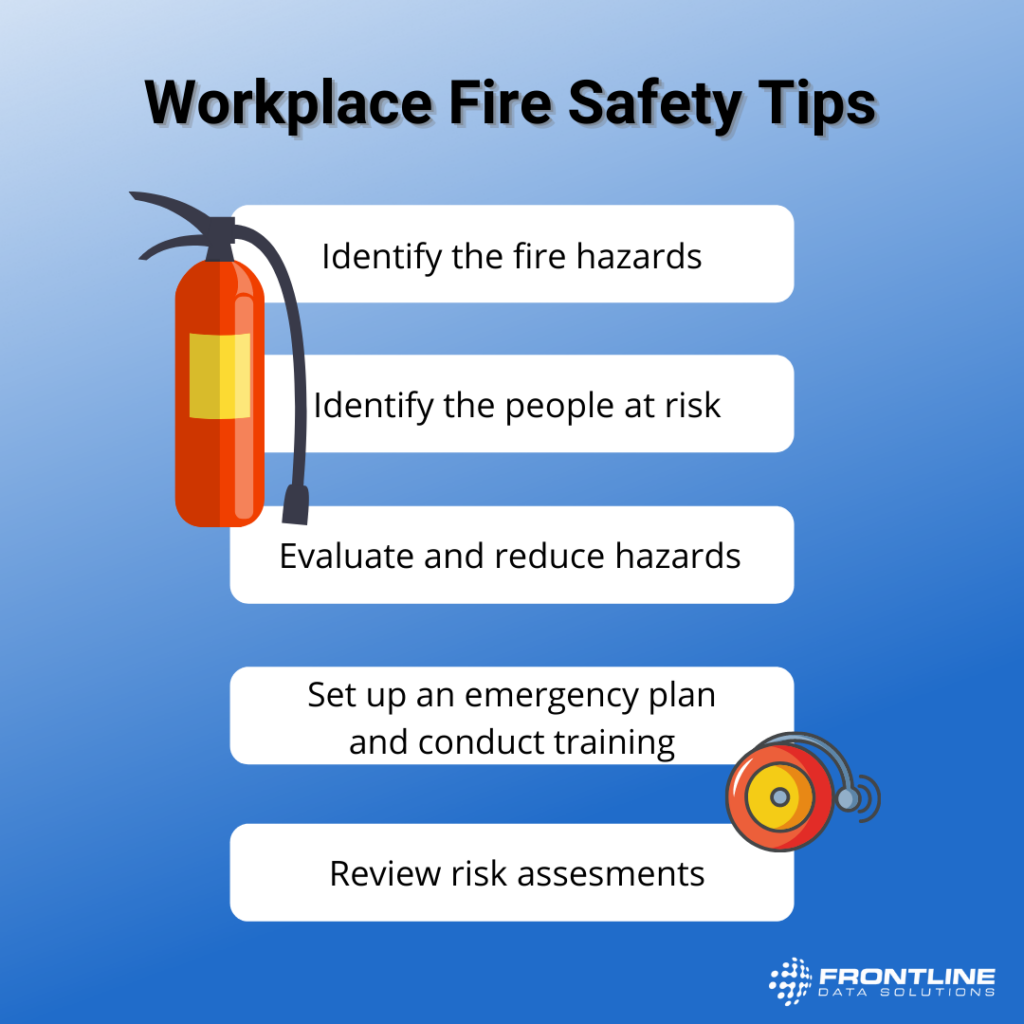Effective communication in the workplace
Effective communication is essential for creating a productive and harmonious workplace. It fosters collaboration, clarity, and a positive work environment. Here are key principles and strategies for achieving effective communication in the workplace:

**1. Active Listening:
- Actively listen to what others are saying without interrupting. Show that you are engaged and interested in their perspective. Ask clarifying questions if necessary.
**2. Clarity and Conciseness:
- Use clear and concise language to convey your message. Avoid jargon, complex terminology, or vague statements that could lead to misunderstanding.
**3. Open and Honest Communication:
- Promote a culture of openness and honesty where employees feel comfortable sharing their thoughts, concerns, and feedback.
**4. Nonverbal Communication:
- Be mindful of your body language, facial expressions, and gestures. Nonverbal cues can convey as much information as words.
**5. Use of Technology:
- Use email, instant messaging, and collaboration tools effectively for written communication. Be clear in your written messages and use proper formatting.
**6. Meetings:
- Prepare and circulate agendas before meetings. Stick to the agenda to ensure meetings stay focused and productive.
- Encourage active participation in meetings and allow time for questions and discussions.
- Summarize key points and action items at the end of meetings.
**7. Feedback:
- Provide constructive feedback in a respectful and specific manner. Focus on behavior or performance rather than making it personal.
- Encourage a feedback loop where employees can also provide feedback upward.
**8. Emotional Intelligence:
- Be aware of your emotions and the emotions of others. Show empathy and understanding when dealing with sensitive issues or conflicts.
**9. Adaptability:
- Adapt your communication style to your audience. Consider their preferences, needs, and cultural backgrounds.
**10. Transparency: – Share relevant information with employees about company goals, decisions, and changes. Transparency builds trust.
**11. Conflict Resolution: – Develop conflict resolution skills to address disagreements and conflicts in a constructive and respectful manner.
**12. Time Management: – Respect others’ time by being punctual for meetings and appointments. Keep communication concise and to the point when time is limited.
**13. Positive Tone: – Use a positive and respectful tone in all communication, whether written or spoken.
**14. Empowerment: – Empower employees to voice their ideas and take ownership of their work. Encourage innovation and creative problem-solving.
**15. Cultural Awareness: – Be culturally sensitive in your communication, especially in diverse workplaces. Avoid making assumptions based on cultural stereotypes.
**16. Follow-Up: – Follow up on action items and commitments made during discussions or meetings to ensure they are addressed in a timely manner.
**17. Training and Development: – Provide training and resources on effective communication skills for employees and managers.
**18. Conflict Resolution: – Develop a structured conflict resolution process to address disputes in a fair and respectful manner.
**19. Celebrate Achievements: – Recognize and celebrate individual and team achievements through praise and acknowledgment.
**20. Continuous Improvement: – Encourage ongoing improvement in communication by seeking feedback and evaluating the effectiveness of communication strategies.
Effective communication is a dynamic skill that requires practice and continuous improvement. When practiced consistently, it can lead to better teamwork, enhanced problem-solving, reduced misunderstandings, and a more positive and productive work environment.
